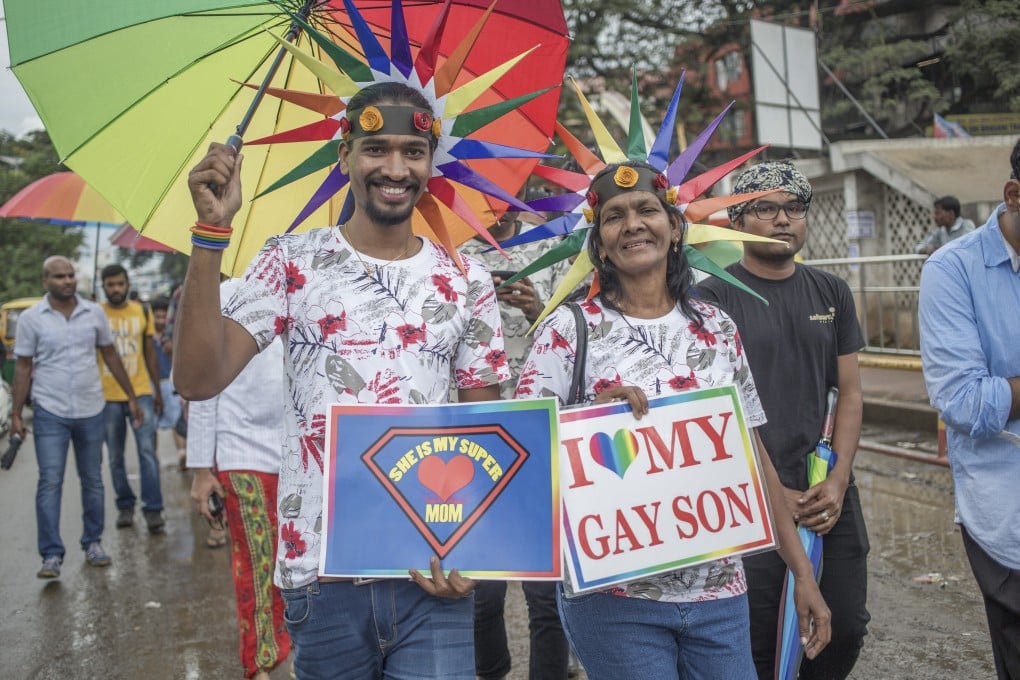Indian LGBT workshop helps queer people bring parents ‘out of the closet’ on sexuality and gender
- Prabal is an empowerment programme for parents of LGBT children that focuses on gender, sexuality and understanding physical and mental health
- It is intended for open-minded parents who can, in turn, educate other parents and become valuable queer allies

Nishtha Nishant felt like a female trapped in a male body for years, yet the 26-year-old struggled to explain her tangled emotions to her mother, a widow living in the Indian port city of Mumbai.
At the same time, Nishant’s mother, Supriya Gosavi, 53, was frustrated by her transsexual child’s behaviour. She thought it was abnormal for her “son” to dress in women’s clothes and use lipstick.
“The first time Nishtha told me she wanted to visit a psychiatrist,” Gosavi recalls, “I shouted at her and said I was the one who needed help to deal with this, not her.”
Gosavi, an insurance agent, now accepts Nishant as a daughter and is no longer upset by the way she dresses. She even helps Nishant drape her traditional sari, a typically Indian mother-daughter bonding gesture.

Gosavi’s acceptance of her child’s sexuality has slowly increased over the years, but her greater understanding has been more recent – much of it because of Prabal – an intense six-month empowerment programme for parents of LGBT children.
Gosavi finished the Prabal course in June, one of 30 parents from Mumbai who have now been through the programme hoping to better understand their queer child’s world.